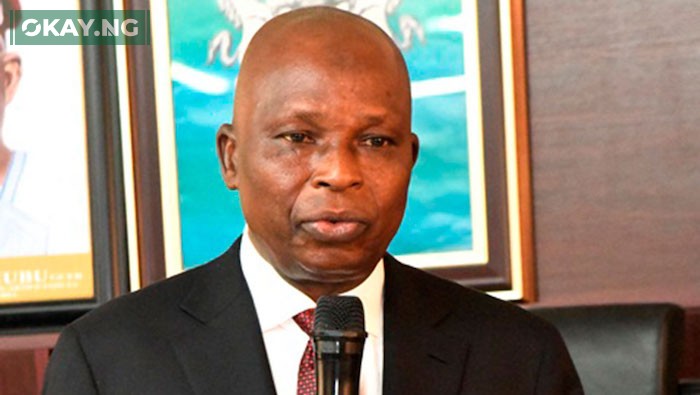The Nigerian government has successfully recovered over $110 million in stolen assets from various countries, a significant step in the ongoing fight against corruption. This was confirmed by the Minister of Justice and Attorney General of the Federation (AGF), Chief Lateef Fagbemi, during a recent budget defense session before the House of Representatives Committee on Justice.
While the minister did not provide a detailed breakdown of the recovered funds, this announcement brings some relief to a nation grappling with the consequences of widespread corruption. Notably, this figure does not include the $52.88 million in assets linked to former Petroleum Minister, Diezani Alison-Madueke, recovered by the United States government.
P&ID Case Spurs Legal Reforms
The AGF acknowledged the challenges faced by the government in recent years, particularly highlighting the costly P&ID case. “In the ‘popular case of P&ID,’ there were many issues involved, including engaging lawyers who were not up to the task,” Fagbemi stated.
This experience has prompted significant legal reforms within the Ministry of Justice. “We are trying our best to ensure that those we engage are those with certified advisory,” the minister emphasized, stressing the importance of competence over mere patronage in selecting legal counsel.
“The mere fact that you’re a constitutional lawyer in Nigeria does not make you a good commercial lawyer or an arbitrator offshore or even here,” he cautioned.
Addressing State Government Involvement in International Agreements
The AGF also addressed the challenges posed by state governments engaging in foreign transactions. He pointed out that subnational governments are not recognized in international arbitration proceedings, leaving the federal government liable for their actions.
“Back home, the Federal Government can require subnational governments ‘to pay or indemnify the national government, or if they don’t indemnify, there is an implied condition that you ask them to pay, or you probably deduct it from what is due to them when you’re doing the usual FAAC allocation,” he explained.
Strengthening Legal Framework to Prevent Future Assets Losses
To prevent future occurrences like the P&ID case, the Ministry of Justice is implementing measures to ensure that all agreements are thoroughly reviewed and approved before execution. “There are instances where the ministry has declined to approve many agreements between foreign agencies,” Fagbemi revealed, demonstrating a commitment to safeguarding the nation’s interests.
Read Also: Nigeria to Spearhead African Oil Production Surge in 2025 – AEC Outlook
House of Representatives Commends Ministry’s Achievements
The House of Representatives Committee on Justice, chaired by Hon. Olumide Osoba, commended the Ministry of Justice for its significant achievements, particularly citing the Supreme Court’s ruling on local government autonomy and the successful resolution of the P&ID case.
“These judicial outcomes exemplify the robustness of our legal system and underscore the importance of unwavering commitment to justice and the rule of law,” Osoba stated.
Budget Scrutiny and Concerns
However, the Committee raised concerns regarding the ministry’s utilization of N4.7 billion allocated for legal services.
Furthermore, the lawmakers accused the Ministry of Justice of usurping the powers of Parliament by re-appropriating approved funds for purposes not sanctioned by the legislature.
Comment
The recovery of over $110 million in stolen assets represents a significant victory in Nigeria’s fight against corruption. However, the P&ID case serves as a stark reminder of the challenges the nation faces in navigating complex international legal landscapes.
By strengthening its legal framework, improving contract negotiation procedures, and enhancing intergovernmental cooperation, Nigeria can better protect its interests and ensure that public funds are utilized responsibly and effectively.









